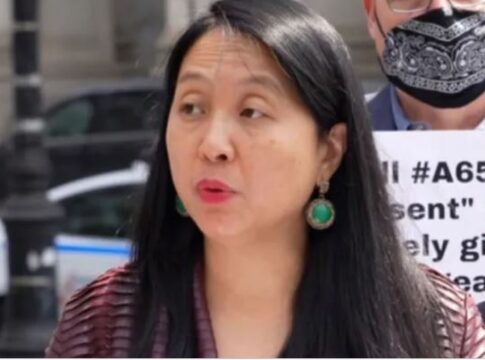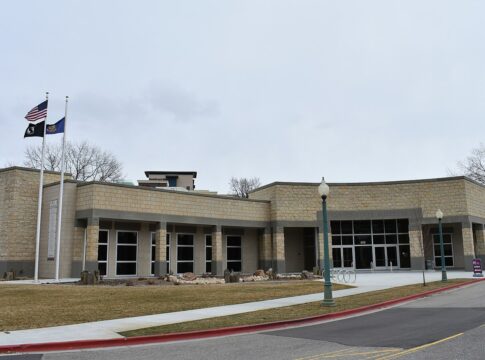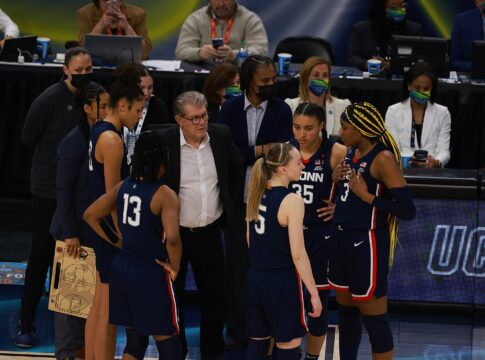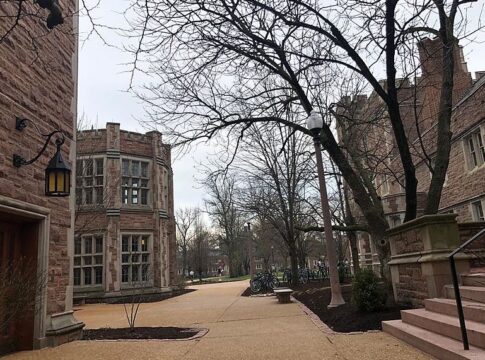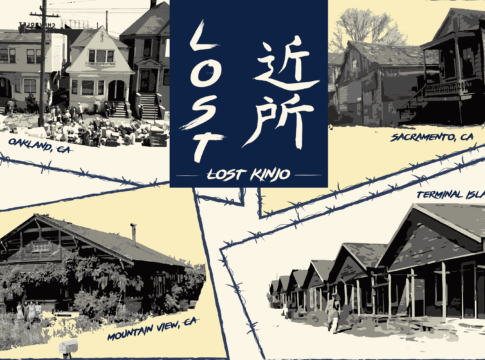By Jana Monji, AsAmNews Arts & Culture Reporter
I feel so bad I got a worried mind
I’m so lonesome all the time
Since I left my baby behind
On Blue Bayou
You might be surprised to learn the Linda Ronstadt signature song, Blue Bayou, was written by Roy Orbison and Joel Melson and an international hit for Orbison in 1963. Ronstadt’s cover came out in 1977. Justin Chon’s new film takes its name from the song and Oscar-winning actress Alicia Vikander sings it with a lusty voice vibrating on heartbreak midway through the film.
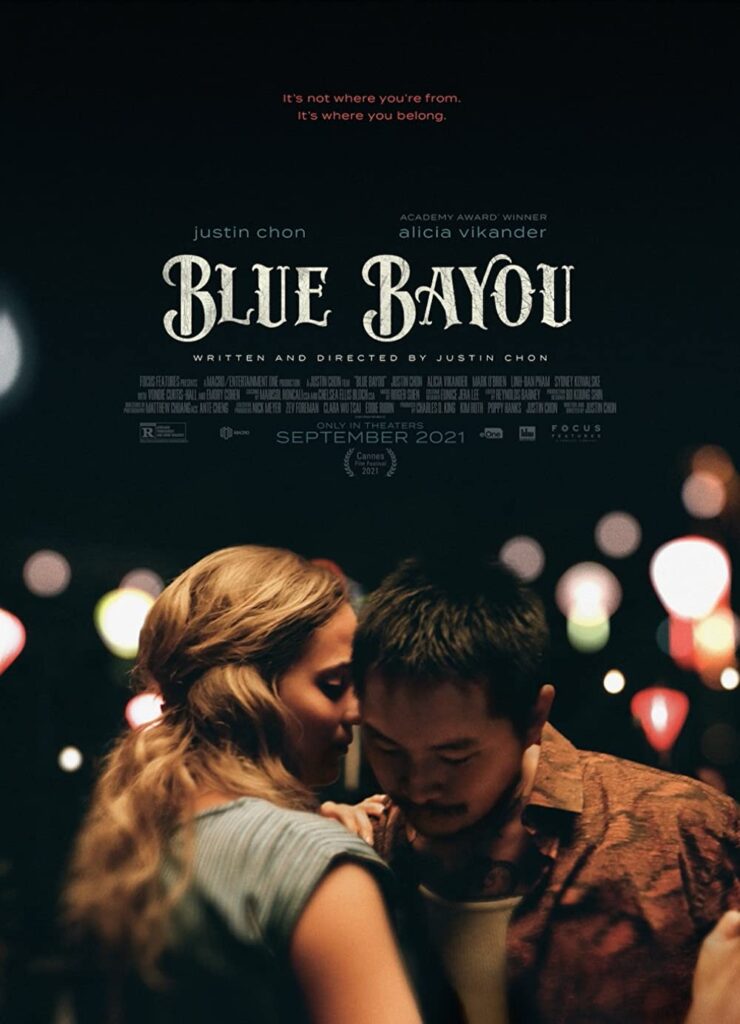
Chon plays Antonio LeBlanc, a man who’s name creates questions about his appearance. Antonio is initially shown looking for a better job in New Orleans. His past activities have resulted in a criminal record. He makes a living working as a tattoo artist, a contractor renting a space that he can barely pay for.
Antonio was adopted by an American family, coming to the US at the age of three and thus the name. And with such a name, every day and every new encounter requires an explanation, the kind of explanation that plagues Asian Americans with a forever foreigner status.
Antonio discovers he is a foreigner. Although he has lived in the US and can no longer speak Korean, he faces possible deportation.
LATEST STORIES
Being married to a US citizen, Kathy (Alicia Vikander) doesn’t help his position and neither does the existence of a stepdaughter, Jessie (Sydney Kowalske), and a baby on the way. Kathy works a respectable job and neither child is totally dependent upon Antonio. All these circumstances are explained to Kathy and Antonio by their attorney Barry Boucher (Vondie Curtis-Hall).
Kathy also comes with some baggage: her ex who now wishes to be more involved in his daughter’s life and her ex’s partner whose is a well-meaning racist.
In the midst of his personal tragedy, Antonio makes an acquaintance with a fellow Asian American (Linh Dan Pham), who is facing terminal cancer with serenity.
If you’re used to the heightened tragedy of errors in Korean dramas, you might not be surprised at the melodramatic turn this film takes. There is no happy ending. This barrage of bad luck and sad circumstances have been one of the criticisms of this film. Yet if you look at the woeful tales of the US adoptees who have ended up back in their countries of origin, struggling to survive in a culture they know little about and often the deported adoptees have negligible language skills. That sets up a desperate situation.
At the end, the film lists some of the people affected by these adoption misadventures. Their names may pop up from time to time in the news, like after a suicide (Phillip Clay). One man has been back in South Korea since 2009 and sadly wrote to me via email that all his friends and family in the US have “moved on.” Blue Bayou is a message film about a problem that thousands of almost-American adoptees are facing. Suddenly, the lyrics of the song “Blue Bayou” take on an urgent significance:
If I could only see
That familiar sunrise
Through sleepy eyes
How happy I’d be
The chemistry between Vikander and Chon sets the film’s tone. There’s both believable frustration and tenderness. Vondie Curtis-Hall as their immigration lawyer expresses a defeated sense of tragedy in his few scenes. But the real heartache is built between Chon’s Antonio and his deep connection with Kowalske’s Jessie where there’s almost a sense of clinging dependency as if Antonio has poured all the love he longed for from his estranged adoptive parents into his stepdaughter.
As with his 2017 Gook which looked at the tragedy of mom-and-pop Korean American stores during the 1992 LA Riots and his 2019 Ms. Purple which focused on dysfunctional family dynamics in Koreatown as estranged siblings care for their dying father, Blue Bayou isn’t about a model minority, but instead looks at Asian Americans struggling with the American dream. Yet Blue Bayou raises a critical voice against immigration and adoption policies that have too long been ignored as well as questionable socio-political relationships between the US and other countries like South Korea. From the names listed at the end of the film, this isn’t just an Asian American issue, but also a Latino/Hispanic issue, making the film’s release during Hispanic Heritage Month particularly topical.
Blue Bayou made its world premiere at the Cannes Film Festival July 13, 2021 and opened on September 17, 2021.
AsAmNews has Asian America in its heart. We’re an all-volunteer effort of dedicated staff and interns. Check out our new Instagram account. Go to our Twitter feed and Facebook page for more content. Please consider interning, joining our staff, or submitting a story or making a contribution.


